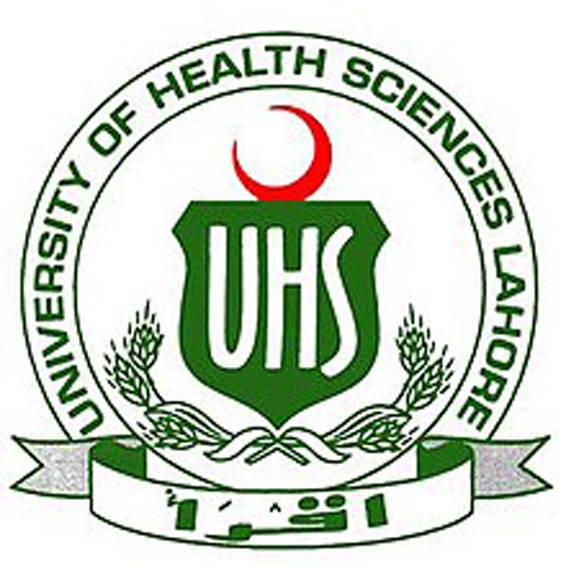LAHORE - The University of Health Sciences (UHS) in collaboration with Pakistan Myasthenic Welfare Organisation (PMWO) will establish mobile plasmapheresis units for treatment of life-threatening neuromuscular disorders in its affiliated teaching hospitals in Lahore, Gujranwala and Sialkot.
These mobile units will be set up under Direct Aid Programme (DAP) of the Australian government.
This was announced by UHS Vice Chancellor Prof Javed Akram here on Thursday in his address at a seminar on clinical outcome of the PMWO and Australian government collaborative plasmapheresis projects. Australian High Commission in Pakistan Margaret Adamson was the chief guest of the occasion.
Prof Javed Akram thanked the Australian government for its contribution for the advancement of education and health projects in Pakistan. “It is a matter of great satisfaction to learn that Australian Aid has been providing significant financial assistance to the Pakistan Myasthenic Welfare Organisation (PMWO) for provision of advance health care facility of plasmapheresis in Pakistan through Plasmapheresis Excellence Centres in teaching hospitals,” he said, adding “many precious lives have been saved through this treatment.”
“This is a life-saving project for rapid clinical management of patients with a variety of disorders, including those of the immune system; these include life-threatening conditions like Myasthenia Gravis, GBS, CIDP, Polyneuropathy, and other medical disorders,” the VC maintained.
Plasmapheresis is the removal, treatment, and return of (components of) blood plasma from blood circulation. It is a medical procedure performed outside the body. The method is also used during plasma donation: blood is removed from the body, blood cells and plasma are separated, the blood cells are returned while the plasma is collected and frozen to preserve it for eventual use in the manufacture of a variety of medications.
Prof Akram recalled that in 2008, as principal of the Allama Iqbal Medical College, he took personal interest for the initiation of this project at Jinnah Hospital, Lahore, as many patients were dying because of the non-availability of the facility. He informed the high commissioner that during the dengue disaster of 2010-11, this was the only centre working on ground in Punjab for provision of mega unit platelets to dengue fever patients, leading to thousands of lives being saved.
Australian High Commission Margaret Adamson appreciated recent launch of Sehat Insaf Cards by Prime Minister Imran Khan which would provide free health facility to around 80 million people. She hoped that a strong civil society would emerge which could play a pivotal role in bringing peace and prosperity in the country. She further said that the Australian government would continue to provide support to the people of Pakistan especially in the field of education and health.
The president of PMWO, Dr Khalid Zia gave a presentation on plasmapheresis treatment in Pakistan. He said that plasmapheresis treatment only cost Rs65000 as compared to Rs800,000 for conventional IVIG therapy.






